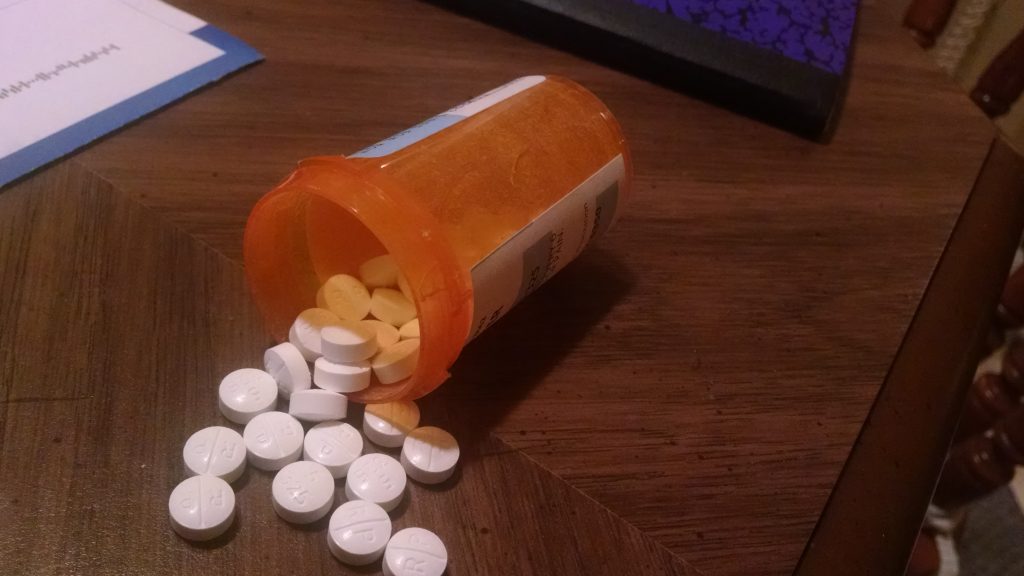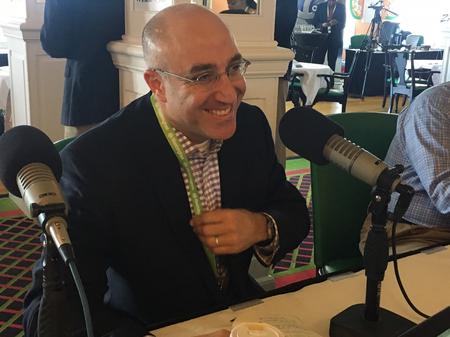Will New Lawsuits Over Michigan’s Opioid Crisis Be as Big as Tobacco Settlements in the ’90s?
Whether or not you or someone you know is addicted to opioids, the crisis and these lawsuits probably affect you.


Nine Michigan cities and counties hope to hold drug companies responsible for the state’s opioid crisis.
From the Upper Peninsula to Detroit, they are trying to recover many millions of dollars in costs related to the opioid crisis.
Those local governments include the cities of Detroit, Lansing, and Escanaba, and Macomb, Genesee, Saginaw, Grand Traverse, Delta and Chippewa counties.
The lawsuit was filed in federal court Monday night. It claims manufacturers, distributors and pharmacy chains misled doctors and the public about the dangers of opioids. And the legal actions also say the drug companies failed to follow safeguards that would have reduced the number of people addicted to opioids.
“This an unprecedented, coordinated effort by municipalities to deal with what is really an unprecedented crisis,” said Mark Bernstein, an attorney on the case. “The opioid crisis is the most fatal drug crisis on record in American history.”
The local governments say the opioid crisis has caused law enforcement, drug treatment, and human services costs to spiral. According to the lawsuit:
These diverse manifestations of the opioid epidemic are all rooted in a common cause: corporate malfeasance. As patients throughout the country became addicted to opioids, manufacturers, distributors and retailers of opioids similarly became addicted to the immense profits associated with the widespread consumption of opioids.
Money from the lawsuit would go towards medical care, opioid treatment, and costs associated with law enforcement. The lawsuit also asks the judge to demand the drug companies change their business practices.
“The bill for that crisis has fallen, to date, on municipalities across Michigan,” said Bernstein. “So we are fighting back, they are fighting back to get their taxpayer money back and to change the conduct of these defendants.”
Bernstein said this lawsuit could be as big as the tobacco lawsuits of the late 90’s. The lawsuit alleges the drug companies engaged in a “misinformation campaign” and it worked.
Across the country, doctors began prescribing highly addictive opioids for ailments ranging from neck pain to headaches. At the same time, in response to the aggressive marketing campaigns, public demand for opioids soared. That demand, in turn, created a cottage industry of “pill mills,” where unscrupulous doctors handed out opioid prescriptions for even the most minor (claimed) ailments, without any consideration of the drugs’ highly addictive properties.
Bernstein said he expects more cities and counties in Michigan to file similar lawsuits.
WDET’s Jake Neher and Michigan Public Radio’s Cheyna Roth talk about the lawsuits and how they likely affect you, regardless of whether you or someone you know is addicted to opioids.
Click on the audio player above to hear that conversation.
